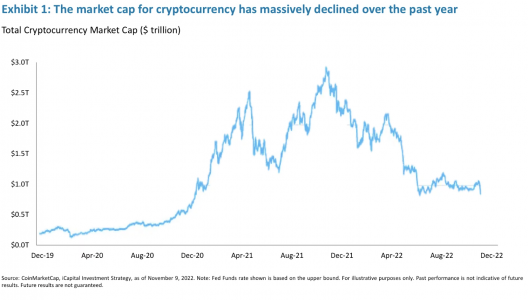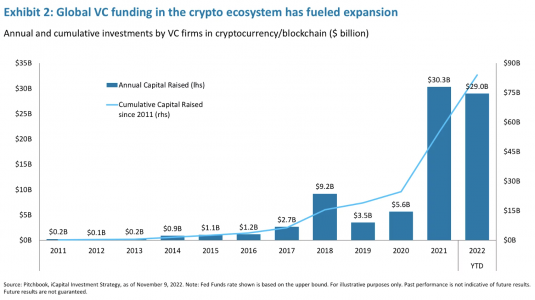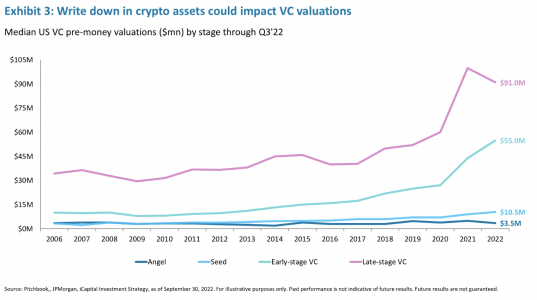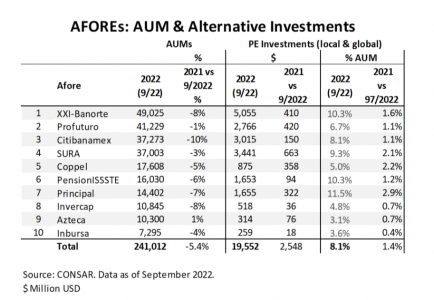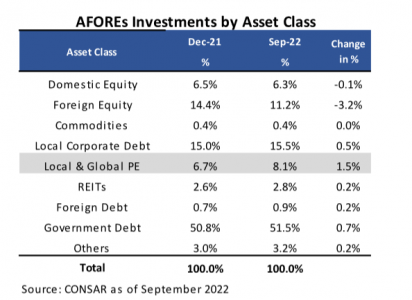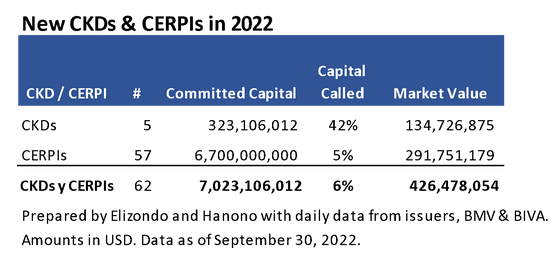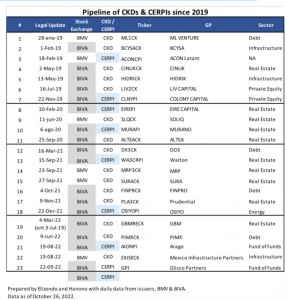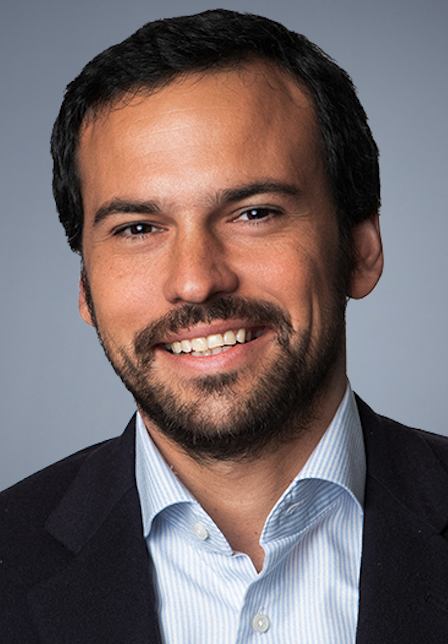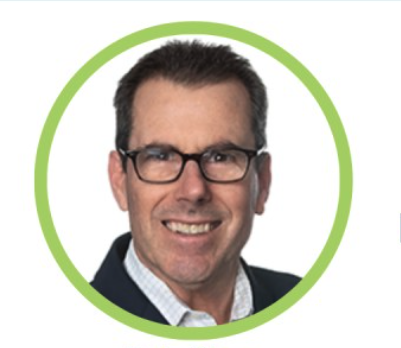What to Expect From Divided Government
| By Marcelo Soba | 0 Comentarios

With the results of the midterm election results known, in which Republicans won a majority in the House of Representatives and Democrats held the Senate, it appears the next two years will be one of legislative gridlock, says a PIMCO report.
“We believe the practical implications for markets and the economy are largely the same whether the Republicans had won only the majority in the House or whether they had won both the House and Senate. After all, a majority is still a majority, and the main levers of a party not in the White House – namely, obstruction and oversight – will be available to House Republicans despite their slim majority and control of only one chamber,” says the analysis by Libby Cantrill, a specialist in Public Policy.
In this sense, the expert highlights four essential points.
First, a total freeze is expected on President Biden’s legislative agenda, where perhaps most important for markets is that all tax hikes, whether personal or corporate, have been eliminated. This suggests that the next tipping point for taxes will be in 2025, when Trump’s tax cuts expire.
On the other hand, there will be more oversight. House Republicans will flex their oversight powers on issues from the Biden administration’s energy policy to its approach on China (which, in some circles, is thought of as not sufficiently hawkish) to the Securities and Exchange Commission’s panoply of proposed regulations.
Oversight is likely to be more symbolic than substantive – after all, without veto-proof control of both chambers of Congress, there is little Republicans can do to alter policy. However, increased oversight can slow down the regulatory gears and make it more cumbersome to advance policy for any White House.
While the Federal Reserve is also likely to be an object of oversight – from both sides – we doubt the Fed will be sensitive to any political pressure to change its seemingly singular focus on combatting inflation
Third, the specialist predicts more fiscal fights. The Republican majority in the House of Representatives may be conducive to a source of market volatility next year.
“With little or no cushion for losing votes in Congress, it may be more difficult for the future Speaker to navigate upcoming fiscal tipping points, particularly the need to raise the debt ceiling, given that some in the Republican caucus have indicated they will not support any debt limit increase without commensurate spending cuts, something that is not a win-win for the Democratic Senate and the White House,” the report adds.
PIMCO’s assumption is that the statutory debt ceiling will be reached by the end of this year, but the Treasury Department’s extraordinary measures will extend that deadline to the fall of 2023.
However, despite the expected maneuvering and associated potential volatility, especially at the front end of the yield curve, the firm believes the Republicans will eventually cave in the House of Representatives and the debt ceiling will be raised.
“Keep in mind that the 2024 presidential campaign will be in full swing by then, and Republicans are unlikely to sacrifice a chance at the White House,” the expert clarifies.
Finally, less fiscal support is expected. While it is still believed that there will be bipartisan support for ongoing aid to Ukraine and for the defense budget, we also believe there will generally be a higher threshold for providing broader countercyclical fiscal support, even if the economy slows.
The U.S. economy has already experienced a significant fiscal contraction in 2022 by virtue of the withdrawal of many of the COVID-related programs, and next year we can expect more contraction, in the face of which a divided Congress is unlikely to do anything. In other words, just as the “Fed call option” has been eliminated, so too has the “tax call option” been eliminated, at least until a new Congress comes to power in 2025.
Compromise?
While our expectation is largely for gridlock in the next Congress, we do foresee some areas of potential compromise. These include legislation that could bring better clarity to the regulatory remit on cryptocurrencies – a need that is even more urgent given recent crypto exchange issues – and energy-permitting language that could expedite both traditional and renewable energy projects.
How will the markets react?
While past is certainly not prologue, the equity markets historically have tended to do well in years of split government. Indeed, in previous years of a similar composition of power in Washington – namely, a Republican House, Democratic Senate, and Democratic White House, the equity market has returned on average 13.6% (per S&P 500 data), a higher average return than almost any other composition of power. Of course, 2023 may look quite different from history given sticky inflation, recession risk, and war in Ukraine.
To access the original article, please click on the following link.


